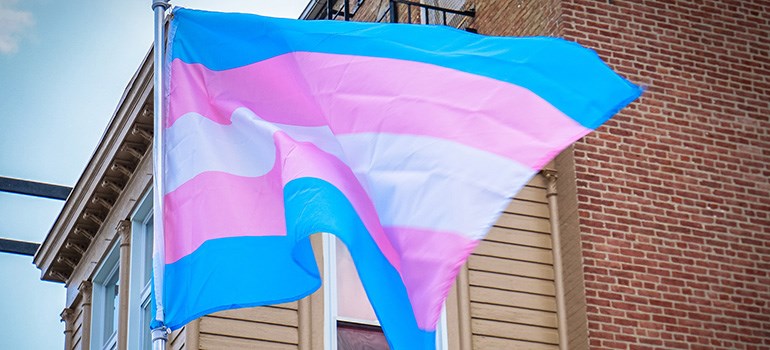While access to gender-affirming surgery has improved in recent years, the path facing transgender people is still complex and unclear, says a new study out of UBC.
“There’s room to improve the process to make it less of a challenge for patients,” said Hélène Frohard-Dourlent, a postdoctoral fellow at who led the study. “Many people found it difficult to navigate the pathways to surgery and waited long periods of time to get access to the care they needed. This can have a significant effect on both mental and physical health.”
The study from the Stigma and Resilience Among Vulnerable Youth Centre at UBC is the first in Canada to look into the experiences of transgender patients seeking gender-affirming surgical care. The surgeries are medically necessary for many transgender people who experience gender dysphoria — the distress experienced when a person’s internal sense of gender does not align with their gender assigned at birth.
Researchers surveyed 337 transgender Canadians, including 215 B.C. residents, and conducted in-depth interviews with 35 people in this province, all of whom had received an assessment for surgery, or had gender-affirming surgery in the past five years.
People seeking gender-affirming surgeries are typically first assessed by a qualified clinicians based on current World Professional Association for Transgender Health standards of care. And while family doctors, nurse practitioners, clinical counselors, psychiatrists or psychologists with training in transgender health issues can conduct assessments, 40 per cent of survey participants said they faced a challenge finding an assessor in B.C. Wait times of five months to a year just for an assessment were common.
The study also found just more than 60 per cent of participants had to travel two or more hours to have surgery. Publicly funded chest or breast surgeries have primarily only been available in Vancouver and Victoria, and lower body surgeries are currently only available in Montreal, or outside of Canada.
“We found challenges often arose when travel was involved, such as higher rates of complications post-surgery, and difficulty finding knowledgeable local health- care providers for support after returning home,” said UBC nursing professor Elizabeth Saewyc, who was principal investigators on the study.
“Primary care providers could be important assets for patients trying to navigate the system of care, but many lack the necessary training. As health-care providers, we need to work to improve access and reduce wait times.”
The report did note that progress has been made in B.C. in recent years. Trans Care B.C., a Provincial Health Services Authority program that oversees gender-affirming health care, has been implementing changes within the health-care system since it was created in 2015, including training for clinicians across the province.
“Over the past two years Trans Care B.C. has been working closely with transgender communities to improve the experience of those seeking care,” said program director Lorraine Grieves. “Research like this is crucial in identifying how we’re meeting the needs of surgical patients and highlighting opportunities for improvement.
“It is reassuring to see that the study findings align with many of the changes that we have been working on,” she said.
The research will be presented at the Canadian Professional Association for Transgender Health conference, which is being held in Vancouver Oct. 25-29.



